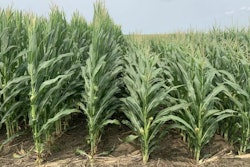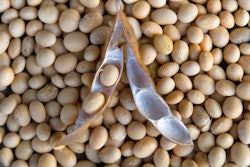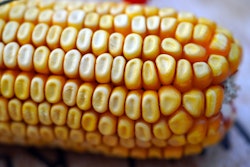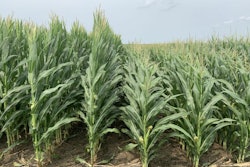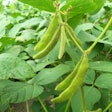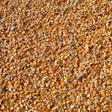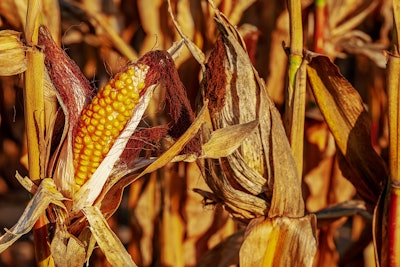
According to a recent USDA Economic Research Service (ERS)report, 55% of the total harvest cropland in the U.S. was grown with varieties having at least one genetically modified (GM) trait in 2020.
GM varieties of corn, soybeans and cotton were introduced in the U.S. in 1996, and they became the dominant seed choice among farmers within a few years. Later, GM varieties were widely adopted for canola and sugar beets. By 2020 (the most recent year for which data are available), about 55% of the total harvested cropland in the U.S. was grown with varieties having at least one GM trait.
The report noted the most prevalent GM traits are herbicide tolerance and insect resistance. Private seed companies lead the development of GM traits — a shift away from public institutions — stimulated by judicial rulings that created protections for intellectual property in crop genetics and other biological inventions, said the USDA.
Advances in biotechnology provided a new means of improving crops by allowing genes with specific, inheritable traits to be transferred to distant crop varieties. GM seed use also is catching on in alfalfa, potatoes, papaya, squash and apples.

This chart appears in the USDA, Economic Research Service reportConcentration and Competition in U.S. Agribusiness, published in June 2023.





